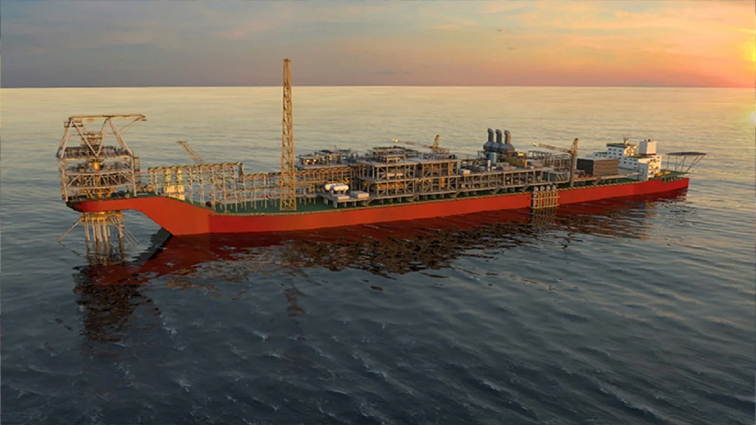The Australian Woodside Energy Group announced the start of oil production in its first offshore project in Senegal, a country located in West Africa.
Although Senegal’s production will be less than major countries such as Nigeria, the oil and gas sector is expected to generate billions of dollars in revenues and contribute to strengthening the economy.
With the Australian Woodside Energy Group announcing the start of production in the first offshore project in Senegal, the West African country has joined the club of oil-producing countries.
“The extraction of oil from the Sangomar field represents a historic day for Senegal and Woodside,” said Woodside Energy CEO Meg O’Neill, describing it as an “important milestone.”
The floating platform is located about 100 kilometers off the Senegalese coast and has a storage capacity of 1.3 million barrels.
The project aims to produce 100,000 barrels of oil per day, and the field also contains natural gas. Woodside’s share in the deepwater project is 82%, while the Senegalese company Petrosen owns the remaining percentage (18%).
The discovery of oil and gas fields in 2014 raised great hopes for the developing country, as the state energy company “Petrosen” expects this sector to generate more than a billion dollars annually over the next three decades.
Petrosen General Manager Thierno Lee said the start of production represents a “new era” for Senegal’s industry and economy, adding: “We are in a better position than ever in terms of opportunities for growth, innovation and economic and social development for our nation.”
The development of the Sangomar field includes drilling 23 wells, 21 of which have been drilled so far. Senegalese President, Basserou Diomaye Faye, announced the renegotiation of oil and gas contracts as part of the reforms he promised during his election campaign.
Senegal also has a liquefied natural gas project on its border with Mauritania, which is scheduled to begin production in the third quarter.
The Great Tortue Ahmeem LNG project, in which the British company BP, the American Kosmos Energy, the Mauritanian oil and gas company SHM and Petrosun participate, aims to produce about 2.5 million tons of liquefied natural gas. annually.
18 people died in a series of bombings that rocked northeastern Nigeria
